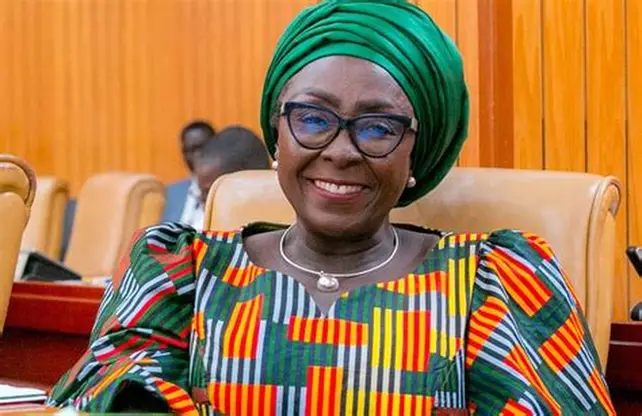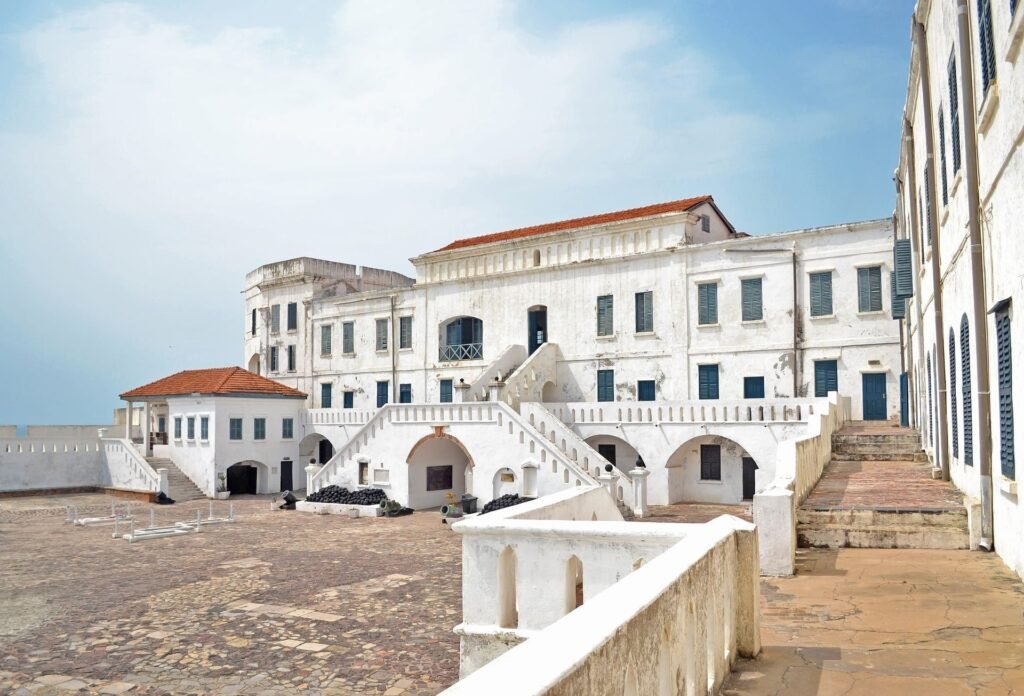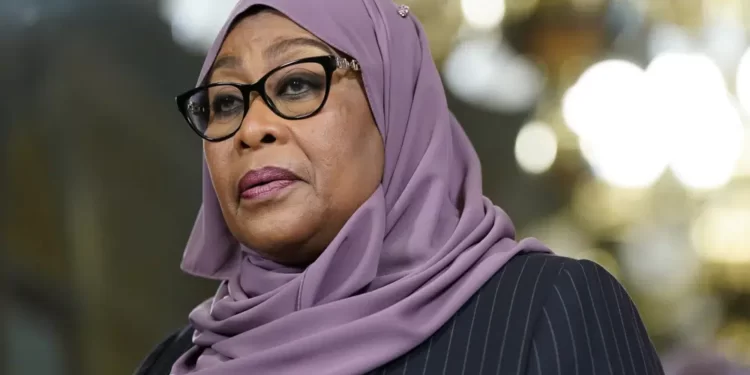The Minister for Tourism, Culture and Creative Arts, Hon. Abla Dzifa Gomashie, in championing President Mahama’s dream of developing the tourism sector, aims to protect the sector to prosper Ghanaians.
Among other enterprises, she is embarking on capacity-building initiatives designed for all agencies under the Ministry. She hopes to equip the agencies under the sector to ‘protect to prosper’ in their mandates.
The potential of the tourism sector is vast, and steps are being taken by the Minister to prepare her agencies for opportunity utilization.
She said that a country like Ghana, characterized by cultural people, should not neglect the tourism sector.
“We are emotional people, but we must learn to communicate effectively, respect structures, and work together for the collective good of the sector.”
Hon. Abla Dzifa Gomashie, Minister for Tourism, Culture and Creative Arts

The Potential of the Tourism Sector
President Mahama, during his State of the Nation Address in February this year, declared that the tourism sector “remains a vital cornerstone of our [Ghana’s] national development strategy, playing a significant role in job creation, cultural exchange, and economic growth.”
Undoubtedly, the job creation and economic growth potential of the tourism sector is widely envisaged by development sector stakeholders.
According to the World Bank, “tourism is a vital driver of economic growth, serving as a powerful engine for job creation and poverty reduction,” adding that “globally, the sector contributes over 10 percent of Gross Domestic Product [GDP] and supports 370 million jobs, more than half of which are filled by women and young people.” He concluded that, “this makes tourism one of the world’s largest and fastest growing industries.”
The 2024 Ghana Tourism and Hospitality Industry Market Report revealed that the tourism and hospitality industry in Ghana is a vivacious and growing sector, contributing significantly to the national economy.
The report also mentioned that, as of 2023, the “tourism sector generated approximately US$ 2 billion in revenue, representing about 5.5% of Ghana’s GDP (source: Ghana Tourism Authority).” The report also explained that “the sector has seen an annual growth rate of 8% over the past five years, driven by an increase in both domestic and international tourist arrivals.”

With a rich cultural heritage, diverse natural attractions, and a hospitality spirit, Ghana is positioned to boost job creation and economic growth. Ghana is a key destination in West Africa and Sub-Saharan Africa.
According to the 2024 tourism report, “the sector’s future growth potential is robust, with projections indicating that tourism revenues could reach US$ 3.5 billion by 2030, supported by continuous investment in infrastructure and promotional activities.“
Nature-based tourism, which include landscapes, seascapes, wildlife, and natural heritage, is present in Ghana. This type of tourism, the World Bank declares, offers a huge opportunity to “align local economic development with conservation goals and a cleaner environment that benefits both local people and visitors,” adding that “nature-based tourism is a triple win: It protects biodiversity, creates meaningful jobs, and generates strong economic returns.”
The key aspect of investing in the tourism sector involves investing in people. Vocational training and educational programs tailored to the market will build a skilled and high-quality workforce to meet growing demand and opportunities.

In line with building a skilled workforce, the Minister, Hon. Abla Dzifa Gomashie, is embarking on the broader capacity-building initiatives for all agencies under her. This will go a long way to improve ideas, initiatives, conduct, and output of the Ministry in general.
Opportunities in the private sector are limitless. The Ministry, in engaging with the private sector, can attract investment and expansion in the sector that aligns with market demand.
Challenges of the Sector
The environmental quality determines the economic benefits that accrue in the sector. Tourists often avoid toxic environments. A healthy and bio-diversified ecosystems attract tourists and are also key to sustainable livelihoods.
Poor sanitation, pollution, and environmental degradation also severely undermine tourism opportunities. In developing Ghana’s tourism sectors, the Ministry must be aware of the importance of natural capital. Effective policies and practices to moderate environmental risks play an essential role in this journey.

Poor maintenance culture destroys the industry. A vibrant sector ensures infrastructure and environmental sustainability.
The hope is to have a transformed and better-skilled workforce in the Ministry by the end of the capacity building. Other measures can then be pursued to promote the attractiveness of the sector.
READ ALSO: Mahama, Macron Deepen Ghana–France Partnership at Paris Peace Forum























